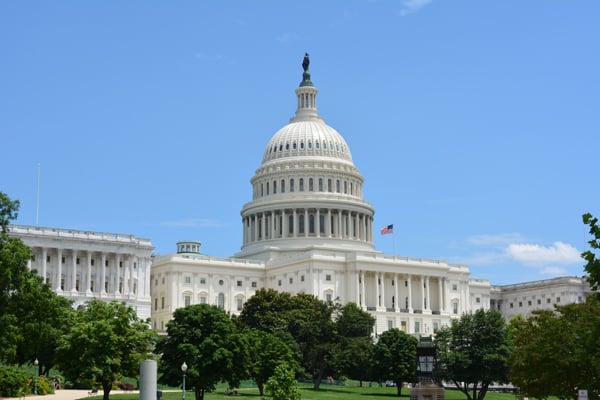Birthright Citizenship Debate in the US
The debate over birthright citizenship in the United States has resurfaced, with Vivek Ramaswamy advocating for changes to the 14th Amendment. This constitutional amendment grants birthright citizenship to individuals born in the US, regardless of their parents’ immigration status.
Birthright Citizenship Origins
- The 14th Amendment of the US Constitution, ratified in 1858, established birthright citizenship.
- It aimed to overturn the 1857 ‘Dred Scott v. Sandford’ Supreme Court decision, which denied African Americans citizenship rights.
“United States v. Wong Kim Ark” Case
- In 1898, the Supreme Court clarified birthright citizenship in the case of Wong Kim Ark, a son of Chinese immigrants born in the US.
- Wong Kim Ark’s case confirmed that individuals born in the US, regardless of their parents’ immigration status, are US citizens.
Arguments for Ending Birthright Citizenship
- Critics argue that the Wong Kim Ark case was limited because Wong’s parents were in the US legally at the time of his birth.
- They question whether the 14th Amendment’s “subject to the jurisdiction thereof” clause applies to those living in the US without official authorization, such as illegal immigrants.
Arguments in Favor of Birthright Citizenship
- Supporters of birthright citizenship assert that anyone in the US, except diplomats, is subject to US laws, regardless of immigration status.
- Critics’ arguments are often seen as having racial undertones, with concerns about demographic changes in the country.
Current Status and Future
- Birthright citizenship remains a recurring topic in American politics, with debates over potential changes to the 14th Amendment.
- Any constitutional amendment to alter birthright citizenship would require a two-thirds majority in both the House and Senate, making it a significant legislative hurdle.
Month: Current Affairs - October, 2023
Category: International / World Current Affairs








